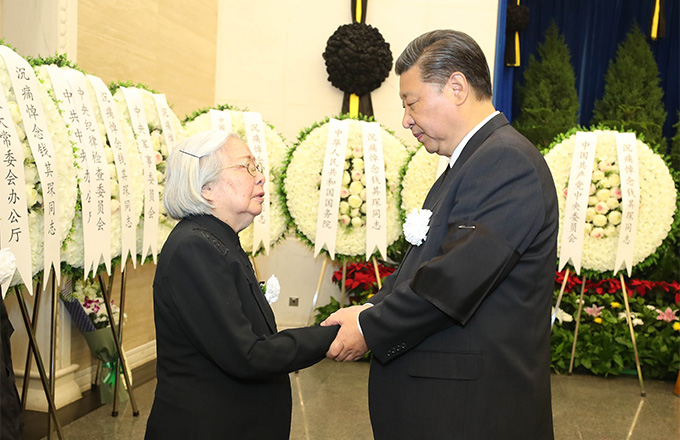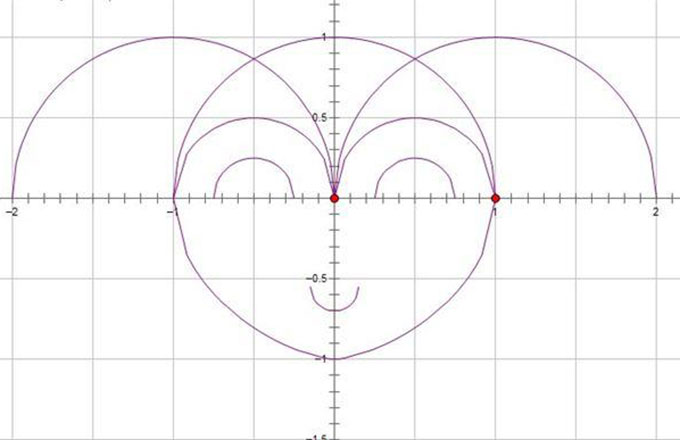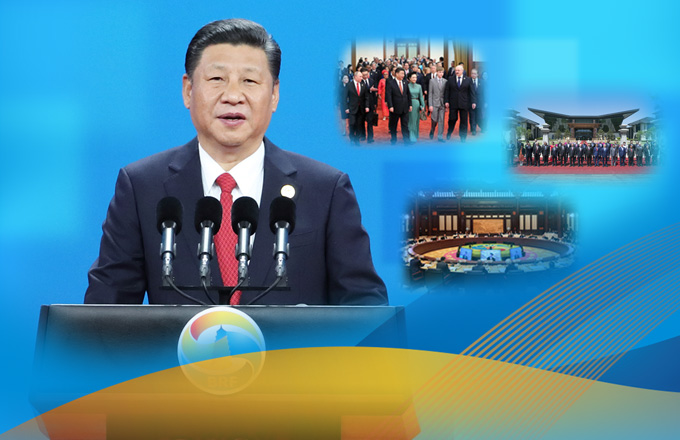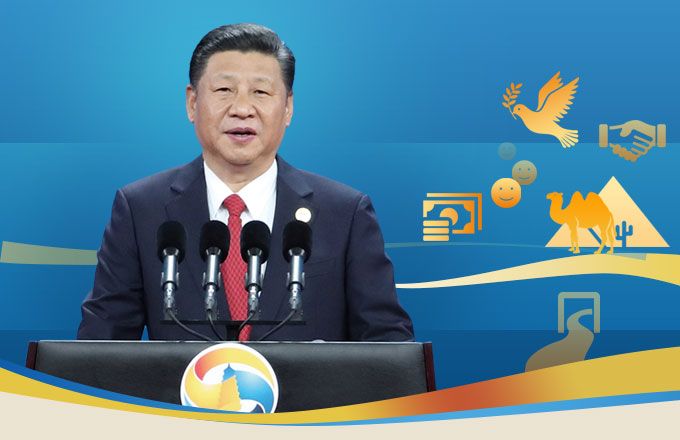Preferential policies show mainland's goodwill and sincerity - Taiwan experts
TAIPEI - Preferential policies allowing Taiwan residents to work, study and travel on the Chinese mainland embodied the goodwill and sincerity of the Chinese mainland, Taiwan academics told Xinhua Thursday.
The Chinese mainland Wednesday published a series of preferential policies for Taiwan residents, including easier access to transportation, employment, education and legal services.
The move was welcomed by academics in Taiwan, who believed it would help promote peaceful communication and cross-Strait relations.
"Cross-Strait ties have been at a deadlock as the administration of the Democratic Progressive Party (DPP) has refused to recognize the 1992 Consensus," Wang Kunyi, professor at the Graduate Institute of International Affairs and Strategic Studies of Tamkang University, told Xinhua.
"However, these new measures showed that the Chinese mainland, has always and will continue to, adhere to the 1992 Consensus and promote people-to-people exchanges and cooperation, no matter which party holds power on the island," he said.
Ting Jen-fang, professor at the Graduate Institute of Political Economy of Cheng Kung University said not only would the new preferential policies improve the lives of Taiwan residents on the mainland, it would also increase their willingness to work and live there, and gain their support for peaceful development of cross-Strait relations.
Under the new measures, Taiwan residents can be employed in public institutions in six more provincial-level regions and Taiwan academics working on the mainland can apply for state-level research projects, including projects from the National Social Science Fund.
In addition, Taiwan residents can now purchase and collect tickets via self-service ticket machines in train stations in many major cities and provinces.
Lin Hsin-hsiung, Vice President of the Peace Research Center for the Cross-Strait at Shu-Te University, said these measures will have a positive impact on Taiwan residents, and therefore be good for cross-Strait relations.
"The measures are more targeted and detailed this time, with many serving a specific group or occupation. This means the Chinese mainland is opening its market to Taiwan, and more Taiwan residents are expected to benefit from it," Wang said.
In order to help Taiwan graduates from mainland higher education institutions find jobs, the Ministry of Education has told institutions to standardize enrollment regulations and protect the legal rights of Taiwan students, which Ting believed will open new doors for Taiwan graduates.
"Starting salaries for recent graduates in Taiwan are around 30,000 to 40,000 New Taiwan dollars ($1,000 to $1,333), with very few opportunities in high-end industries. But if they go to the Chinese mainland, they will have a better chance at securing a higher paid job," he said.
"Preferential policies, such as more job opportunities in public institutions, offer Taiwan graduates a better quality of life and allow them to integrate into the Chinese mainland," Ting said.
- Preserving a Chinese icon: Great Wall needs rescue
- Chinese museums receive 900m visitors each year
- Chinese man sentenced over selling wildlife online
- Former senior Jiangsu official sentenced to four years for bribery, illegal foreign exchange purchase
- Police crack down on illegal online animal trade

























